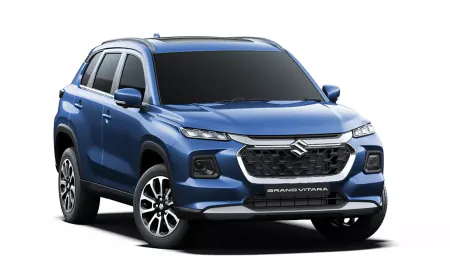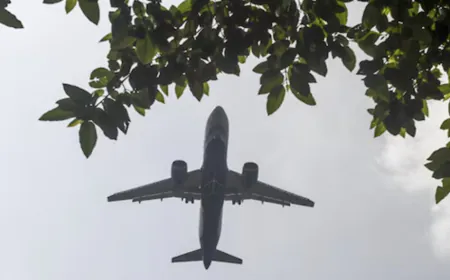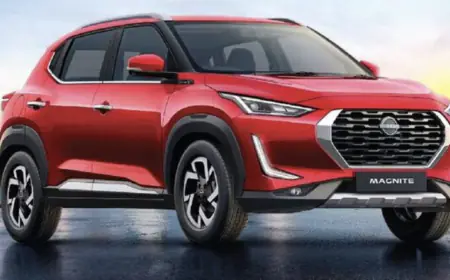Investigation into suspension failure in Tesla car completed, vehicles not recalled, know details
Tesla: US highway safety regulator National Highway Traffic Safety Administration has completed its investigation into complaints of malfunctioning suspension parts of about 75,000 Tesla electric cars.

US highway safety regulator National Highway Traffic Safety Administration (NHTSA) has completed its investigation into complaints of malfunctioning suspension parts of about 75,000 Tesla electric cars. PTI has reported that the agency will not issue a recall for the allegedly affected vehicles.
The NHTSA reportedly said in its documents that it received 426 reports of malfunctions on Tesla Model S manufactured between 2015 and 2017 and Tesla Model X manufactured between 2016 and 2017. One accident was reported involving a Tesla car in which there were no injuries. The agency reportedly said that it found in testing and investigation of complaints that Tesla cars can be controlled by drivers even if the front forklinks fail. Therefore, NHTSA decided to close the investigation that was started in November 2020.
Incidentally, Tesla launched a customer satisfaction campaign in 2017 to replace the four links on some of its vehicles. However, NHTSA said that it did not cover 75 percent of the failures identified in the agency's investigation. The agency had also recommended that Tesla expand its replacement program. Tesla has remained silent on this so far and there has been no official statement from the electric car maker.
The NHTSA said that it has closed an initial investigation of about 1.8 million Toyota RAV4 SUVs over concerns related to short circuits in the battery terminals. The US highway safety regulator said in an official statement that the investigation focused on factors contributing to incidents of fires arising from battery parts in the engine compartment in Toyota RAV4 crossovers manufactured between 2013 and 2018.
NHTSA claims it has identified certain parts in the engine bay as the main factor that causes contact between the battery hold-down bracket and the positive terminal of the 12V battery. "The reported fires occurred in vehicles that were known to have aftermarket batteries installed or had a life that exceeded the expected life of the original equipment battery," NHTSA said.
For Latest News update Subscribe to Sangri Today's Broadcast channels on Google News | Telegram | WhatsApp




































.jpeg)










































































.jpeg)














